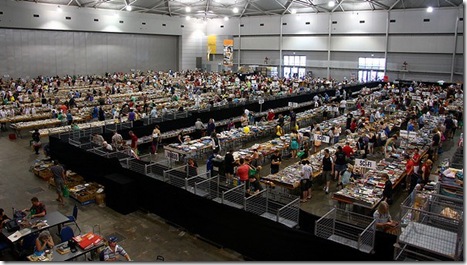This is quite a surprising finding, I reckon:
Mothers who drink alcohol while they are pregnant may be damaging the fertility of their future sons, according to new research to be presented at the 26th annual meeting of the European Society of Human Reproduction and Embryology in Rome today (Tuesday 29 June). Doctors in Denmark found that if mothers had drunk 4.5 or more drinks a week while pregnant, then the sperm concentration of their sons, measured about 20 years later, was a third lower in comparison to men who were not exposed to alcohol while in the womb.
The researcher is happy to be cautious about this study, though:
However, because this is an observational study we cannot say for certain that the alcohol causes the lower sperm concentrations. It is possible that drinking alcohol during pregnancy has a harmful effect on the foetal semen-producing tissue in the testes – and thereby on semen quality in later life – but our study is the first of its kind, and more research within this area is needed before any causal link can be established or safe drinking limits proposed.
But, if it turns out to be true, it might be the (or at least part of the) answer to the question of why semen quality seems to have been on the decline globally in recent years:
"If further research shows that maternal alcohol consumption is a cause of reduced semen concentration in male offspring, then we are a bit closer to an explanation of why semen quality may have decreased during the last decades and why it differs between populations. If exposure to alcohol in foetal life causes poor semen quality in adult life, we would expect that populations with many pregnant women drinking, possibly heavily, in pregnancy would have lower fertility in comparison with populations of where pregnant women do not drink."

